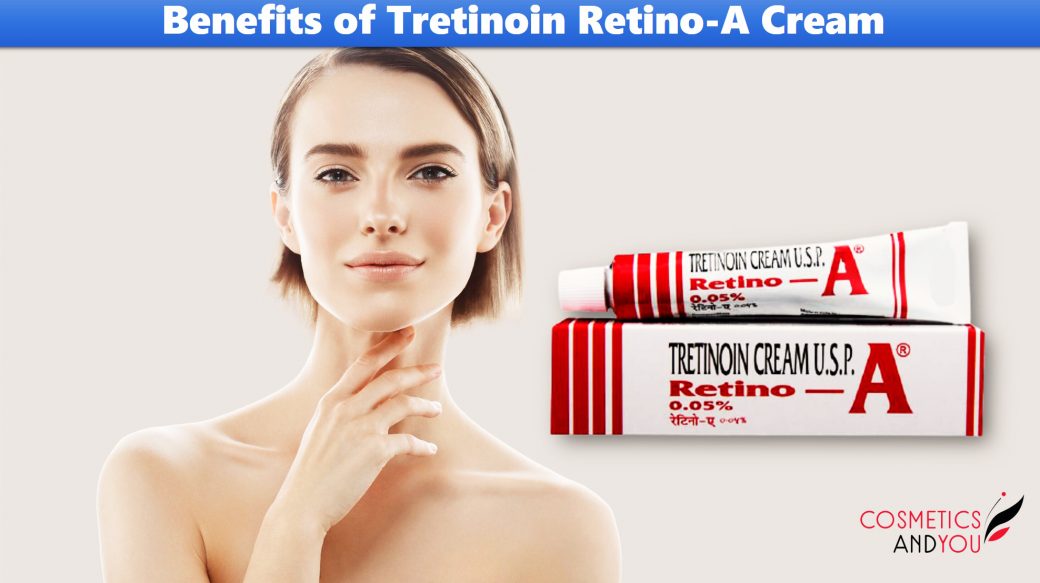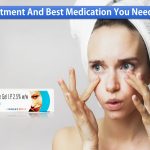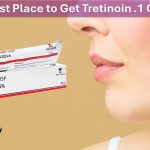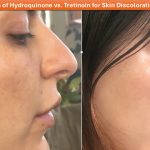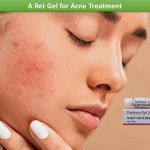The demand for skin rejuvenation strategies has grown exponentially over the last few years. This has fuelled the growth of a wide range of skin treatments. Tretinoin also, known as a retinoid, is a superficial skincare ingredient used in dermatological clinics. Topical tretinoin is effective against various dermatoses such as acne vulgaris, scars, skin ageing, hyperpigmentation, and other associated skin issues.
The best way to healthy skin is to prevent photodamage with regular use of broad-spectrum sun protection measures and to limit sun exposure. When sun damage occurs, the single most effective component in a skincare routine for reversing the effects of sun damage is the use of Retinoids which are derivatives of vitamin A. The most widely used retinoid is Tretinoin which has been more frequently prescribed for its cosmetic benefits for its effects on acne vulgaris. When topically applied, the skincare ingredient causes thinning if the stratum corneum which gives a smoother skin texture and allow better penetration of other skincare products. The topical agent improves the cellular turnover which causes thickening of the epidermis to improve the moisture barrier over time. The regular application causes dispersion of the melanin (skin’s pigment) which causes a significant reduction in hyperpigmentation in treated areas. It helps reverse the signs of ageing including fine lines, wrinkles, and age spots by increasing collagen production in the epidermis. Continued use improves the skin’s texture, making it even looking and smoother than ever.
What are the Benefits of Tretinoin
Tretinoin is the most widely used ingredient in the skincare regimen. The most important effect seen with this cosmeceutical agent has increased collagen production in those with photodamaged skin, thereby reducing age spots, fine lines, and wrinkles. Treatment with Tretinoin gel has been shown to cause an increase in collagen content by 80% when extensively used for almost a year. To prevent collagen breakdown from harmful UV rays of the sun, the skin needs pre-treatment with Tretinoin ka day before sun exposure allow the topical agent to inhibit 70 to 80% of collagen that help maintain the elasticity of the skin.
Retino A and acne
The aetiology of acne consists of abnormal sebum production, overgrowth of Acne bacteria and inflammation associated with acne. Acne is categorized into two types namely non-inflammatory and inflammatory. Non- inflammatory is characterized by comedones inflammatory acne consists of papules and pustules. According to skincare experts and dermatologists, micro comedones are the precursors of both non-inflammatory and inflammatory acne. Retino A cream decreases micro comedones and comedones, therefore effective against both types of acne. The skin treatment inhibits effects in just 1ome to two months of regular usage, with the peak effect occurring after 2 to 4 months of application. There is no evidence that shows Tretinoin have an effect on bacterial overgrowth, so dermatologists recommend combining a topical or oral antibiotic to decrease the growth of acne. Chronic use of antibiotics may develop resistance. Benzoyl peroxide does not induce resistance and is usually recommended to use in combinations with antibiotics and topical retinoids.
Tretinoin for other skin issues
Being a retinoid, Tretinoin can make skin cells grow and function more effectively. The topical agent has been also used for skin ageing, hyperpigmentation, and scar removal. It is one of the strongest cosmeceutical agents used to treat a wide range of skin problems. There are several brands of tretinoin available on the market. All are made to fulfil a topical purpose. The skin medications may come as gels, creams, and lotions. Retino A cream is transparent in colour and contain low levels of medication but works quickly to resolve skin issues. Retino A cream is another brand, the cream is thicker and usually have the highest levels of the medication. Both products tend to cause dramatic results when it comes to improving the skin’s appearance. However, it is best to consult a dermatologist who suits best for your skin as people with dry skin should be given cream formulations while those with oily skin uses gel preparations. If you have any queries regarding the use of Tretinoin or Retin A, a dermatologist can guide you best. Products with higher concentrations tend are usually prescribed for people with cystic acne or the most severe cases of acne. Your dermatologist or a skin care expert will help you determine which kind of tretinoin is best for you.
Some skin experts also recommend Retin A to treat acne scars. The topical agent better penetrates the skin, causing a rapid reduction in the appearance of acne scars, age spots and providing general smoothing of the skin.
The Verdict!
Tretinoin unblocks the clogged follicles that form acne. For the treatment of severe acne, it is usually prescribed with antibiotics. The topical agent opens clogged pores, antibiotics help to get rid of the bacteria responsible for causing acne breakouts. It should be applied daily on the affected skin before bedtime for as long as breakout lasts. You can buy retino a cream online from cosmetics and you.

